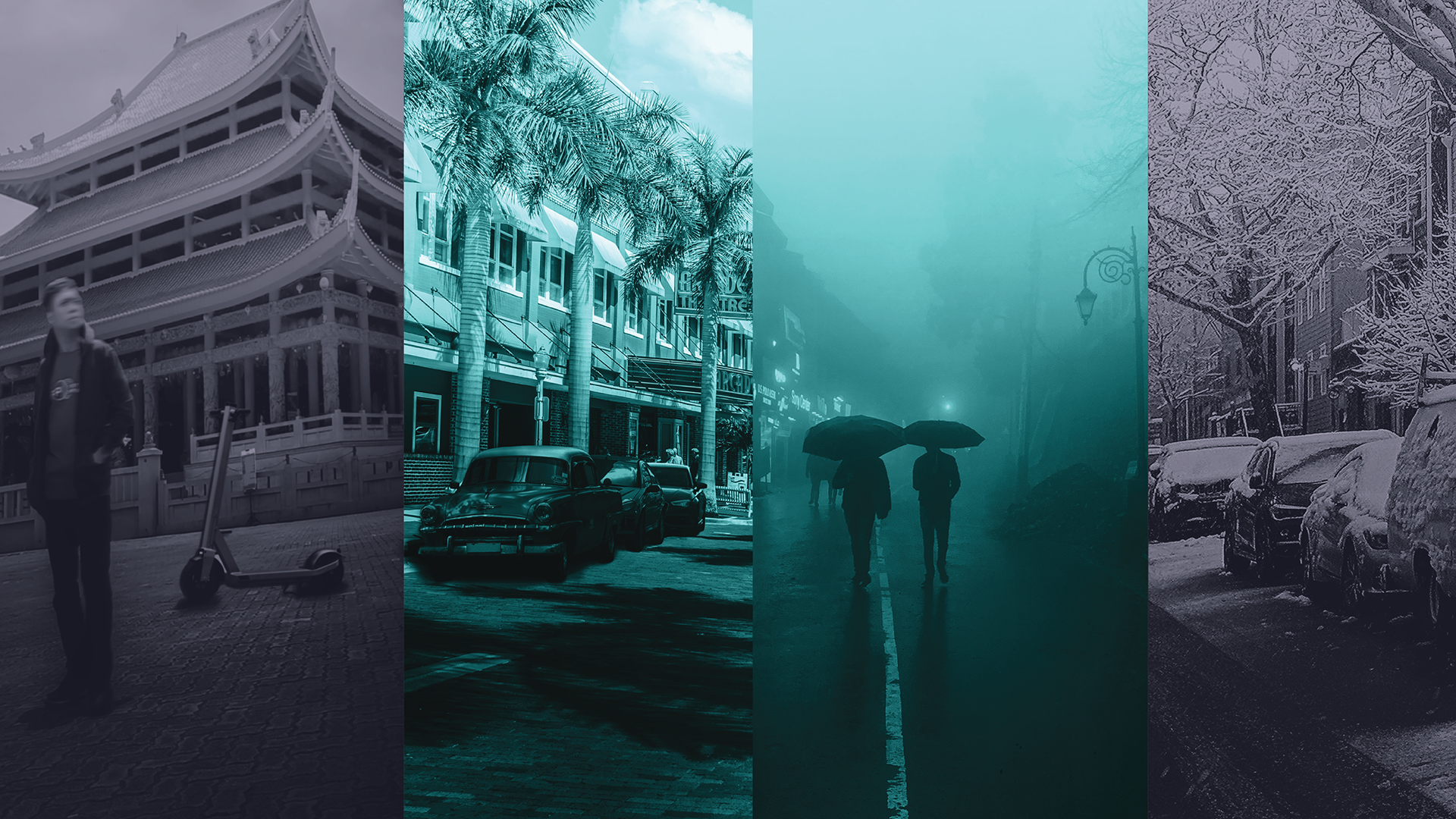University of Tübingen
The research group for Autonomous Machine Vision lead by Prof. Dr.-Ing. Andreas Geiger is involved in the project KI Delta Learning. Being part of the Max Planck Institute for Intelligent Systems located in Tübingen, the research group is also actively involved in training the next generation of AI specialists at the University of Tübingen, for example through courses such as "Self-Driving Cars" and "Deep Learning" as part of the new Master's programme "Machine Learning" at the University of Tübingen.
The main focus of the research group is the robust perception for autonomous agents, especially autonomous vehicles. The research activities range from sensor-based perception (3D reconstruction, motion estimation, object recognition) to holistic scene interpretation (3D roadway and intersection estimation) and sensor-motor control approaches. The main focus of the research group is on robustness issues and methods that allow learning of high-capacity models (e.g. deep neural networks) by means of a few training examples, e.g. by incorporating previous physical knowledge or invariances. A main application focus of the group are self-propelled vehicles and the derivation of robust control rules from data without having to take suboptimal intermediate decisions. The results of the research activities are annually presented at leading conferences in the field of computer vision, machine learning and robotics. In 2019 only, seven of the research group's publications have so far been accepted at the CVPR, the leading international conference in the field of computer vision. The KITTI data set is considered the leading international benchmark in the perception of autonomous vehicles, has been cited more than 3,000 times and has significantly contributed to the progress of algorithms in this field. The work of the research group has been awarded several national and international prizes such as the IEEE PAMI Young Investigator Award and the Heinz-Maier-Leibnitz Prize of the DFG.
In the KI Delta Learning project, the University of Tübingen will play a major role in the area of transfer learning. The focus of the University of Tübingen is on the two topics of data augmentation with generative 3D models and robust representations for sensor-motor control. In the area of data augmentation with generative 3D models, compositional generative 3D models are designed and trained without supervision in order to avoid over-adaptation in deep neuronal networks and to achieve generalisation capability to new domains, regardless of the task. By augmentation of an input data set, training data for the target domain (e.g. new perspective, new sensor, new environment) are to be generated automatically to close the domain delta without the need to acquire new large data sets. In the area of robust representations for sensorimotor control, the University of Tübingen will investigate to what extent robust sensomotoric control strategies can be learned that generalise well to new environments and scenarios.
